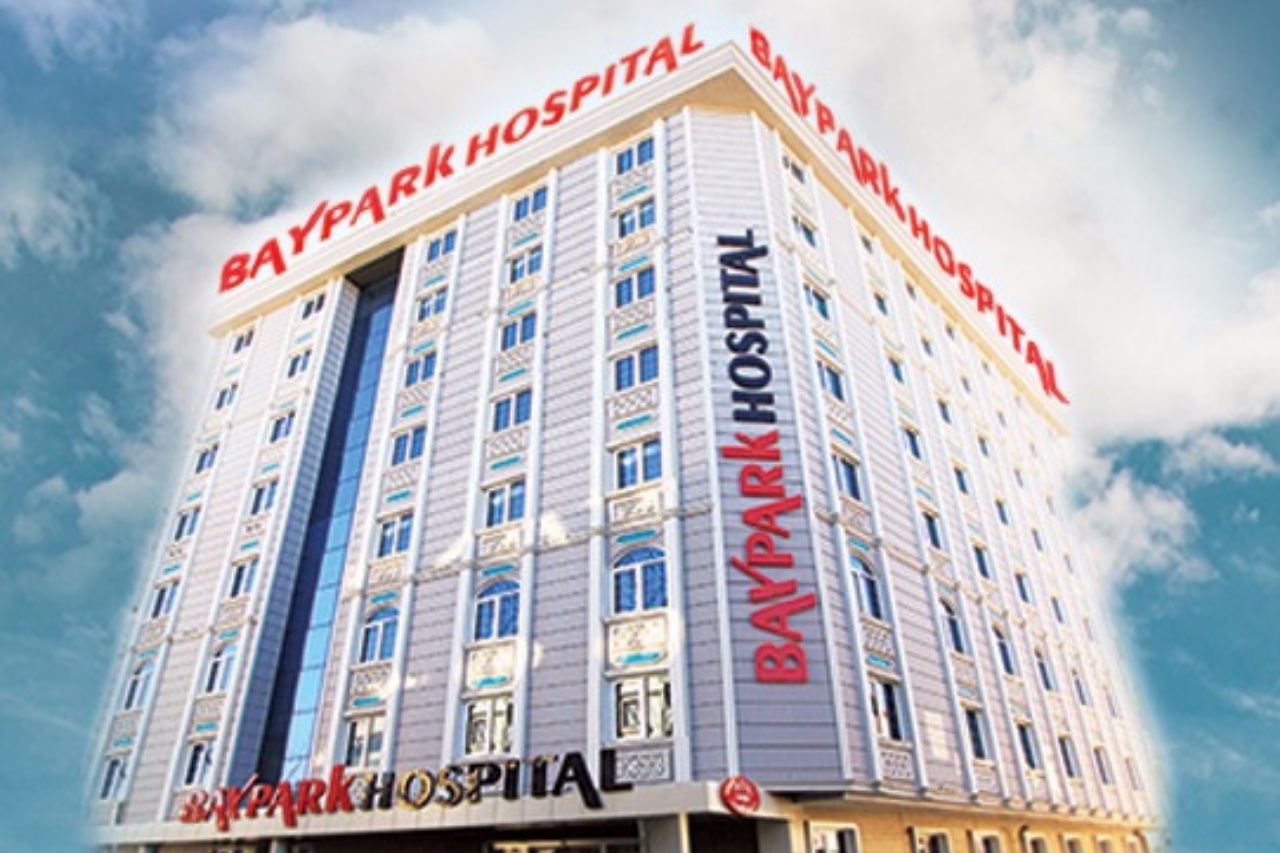
Maryann

January 01 2025
Fantastic service just been booked in…
Fantastic service just been booked in with ATA he has been amazing at booking me in and helping with everything great service from him thank you so much
Lisa Weller

November 26 2024
Ceyhun is my coordinator :)
It has been a pleasure dealing with him. He is prompt at replying, helps all he can and if he can’t help, he always points me in the direction of the right help.
He was there constantly from helping me find cheap flights to making sure I got my transfer on time. He is still helping now :*
Amy Buckingham

November 29 2024
I have been talking to ata about the…
I have been talking to ata about the gastric sleeve surgery and he has been answering all my questions and replying super quick. He's extremely helpful, what a great experience
Myrah Regan

August 29 2024
Booking process perfect
Ata, was very patient and informative about every stage of booking my surgery and was there to answer any queries and concerns around the procedure. He made me feel at ease about what’s to come at the next stage. I would highly recommend this company as they genuinely care about the interest of the patient.
Tan

August 16 2024
Ata is a great consultant
There was not one question I had for Ata that went unanswered. The booking experience was easy and he was very patient, polite and went above and beyond to alter the booking to my needs as best he could. He is very helpful and I hope the service I have recieved so far with my booking is continued with the hospital before and after my procedure. ExcellenT
Zohora Hassan

August 01 2024
Ceyhun is amazing Co coordinator
Ceyhun is my Co coordinator , i have read a lot of good reviews about him and he has been recommended by a close Frend so I decided to choose him as my Co ordinator , he is very kind and helpful and understanding and gives me a alot of information and reassurance that I am going with the best hospital for my upcoming gastric sleeve , so far ceyhun has made a smooth process and I will keep you all updated about my overall experience after my gastric sleeve surgery in upcoming month
Timothy

July 31 2024
From the very first conversation I…
From the very first conversation I felt totally at ease. All my concerns were answered in a very professional manner. I knew immediately I'd chose the right hospital to have my treatment. I would recommend godze hospital 1000%
Debbie Eva Melton

July 19 2024
My booking experience was so easy and…
My booking experience was so easy and the young man Ata who helped me was fantastic he helped me with booking my flights and made me feel confident that I will be in safe hands sent me everything I need to know so I didn't feel nervous about the whole process as I will be travelling alone
Sharon Dick

July 13 2024
I would like to leave a review for…ceyhun
I would like to leave a review for ceyhun, this man has went above and beyond throughout my journey he’s been there no matter what time I messaged he would get straight back to me. He made me very comfortable and relaxed when I was nervous he was really good at reassuring me I would be ok which was a big factor as I was so nervous. After my surgery he’s kept in contact to see how I was and if I had any questions 5* for this man very helpful and polite and he’s sent over my discharge letters also in English which I needed very quickly.



























